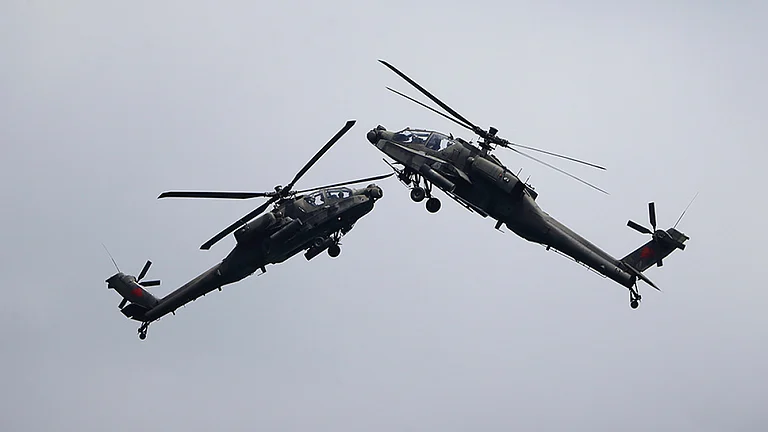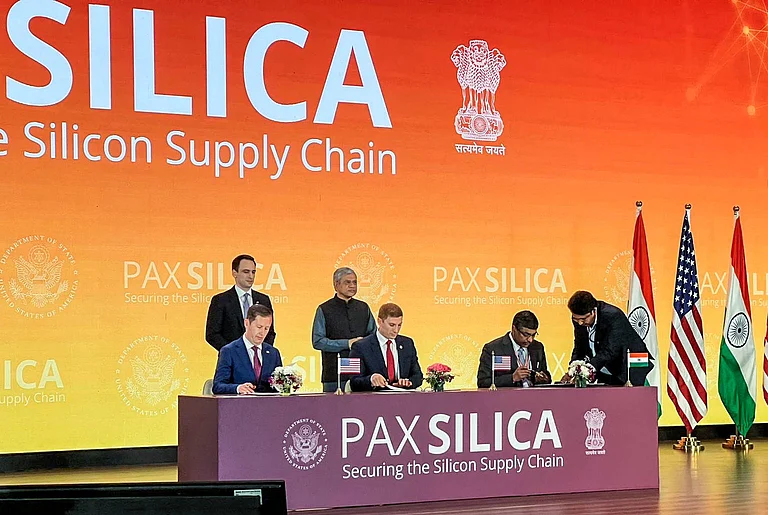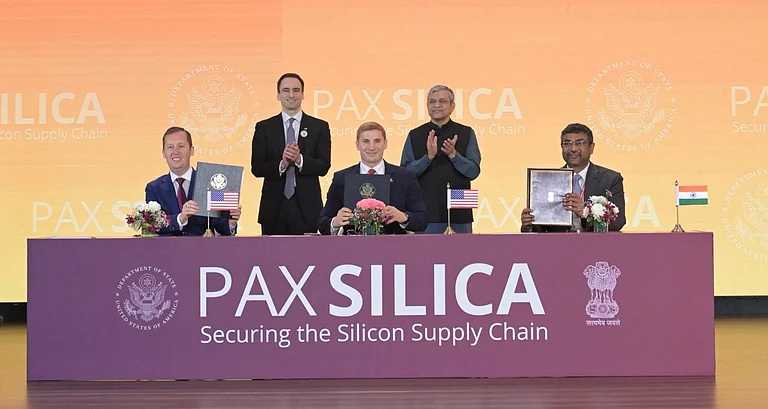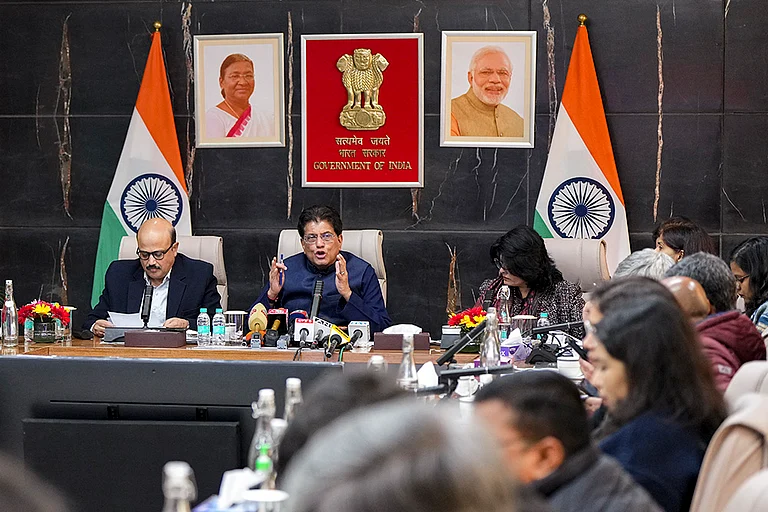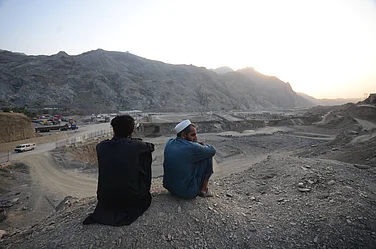
India and the Philippines conducted the first-ever joint naval exercises in the disputed south-China sea
The south China sea has been contested by China for a long time.
The Philippines has been among the most vocal in curtailing China’s influence over the region
India and the Philippines conducted the first-ever joint naval exercises in the disputed south-China sea. The drill which is likely to antagonise China was timed to coincide with Philippine President Ferdinand Marcos Jr’s state visit to India.
The Philippines president’s visit marks his first to New Delhi since he assumed office. The visit, scheduled through August 4 to 7 will include talks with Indian President Droupadi Murmu, Prime Minister Narendra Modi, External Affairs Minister Dr S Jaishankar, and Health Minister JP Nadda.
Chief of Staff of the armed forces of Philippines General Romeo Brawner on Monday said that the joint naval drills that were launched on Sunday have been successful so far and expressed hope for more joint maneuvers in the future, AP reported.
Brawner was asked about any response to the exercise from the Chinese side to which he said that “we did not experience any untoward incident but we were still shadowed. We expected that already.”
The south China sea has been contested by China for a long time. The Philippines has been among the most vocal in curtailing China’s influence over the region. The exercise puts India’s navy might on display with four Indian warships docking in Manila ahead of the exercise. INS Delhi (D61) – a guided missile destroyer, INS Shakti – a fleet tanker, INS Kiltan (P30) – an anti-submarine warfare corvette, and INS Sandhayak (Yard 3025) – a new-generation surveillance ship sent from India arrived in the capital on August 1.
Brawner said the Philippines has to boost deterrence to prevent war. “The way to do that is number one, the Armed Forces of the Philippines has to be strengthened through modernization and secondly, we need to partner with like-minded nations and that’s what we’re doing with India,” he said last week, AP reported.
Brawner welcomed the deepening of relations between the two Asian countries and “reaffirmed the shared commitment to maritime security, regional stability and a rules-based international order in one of the world’s most geopolitically sensitive regions.”








